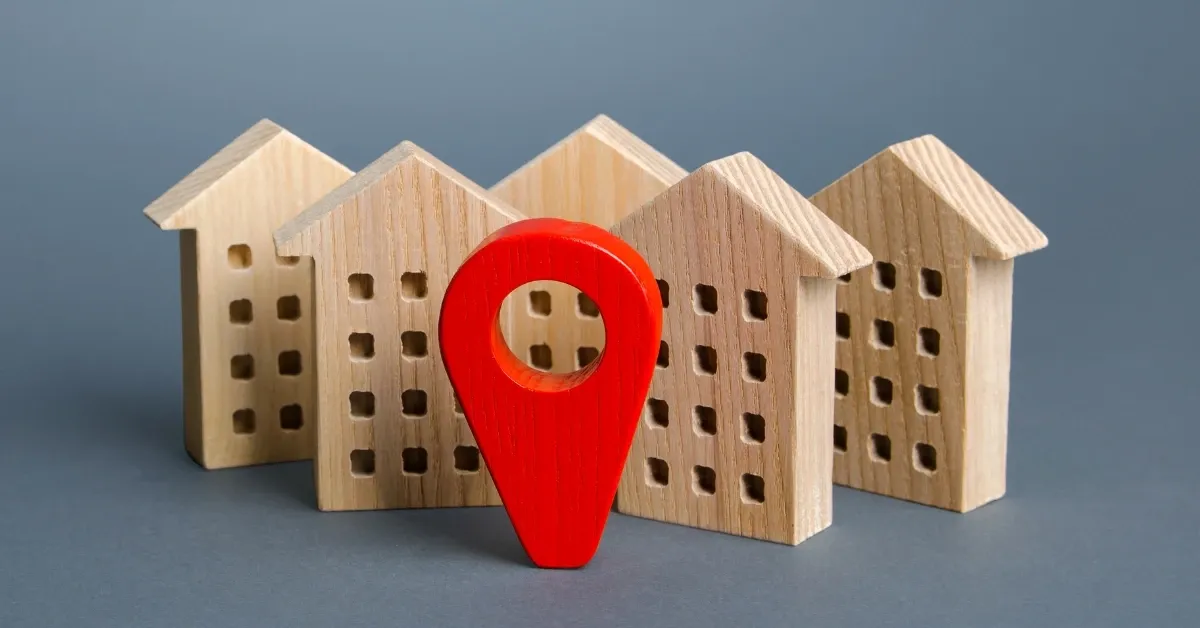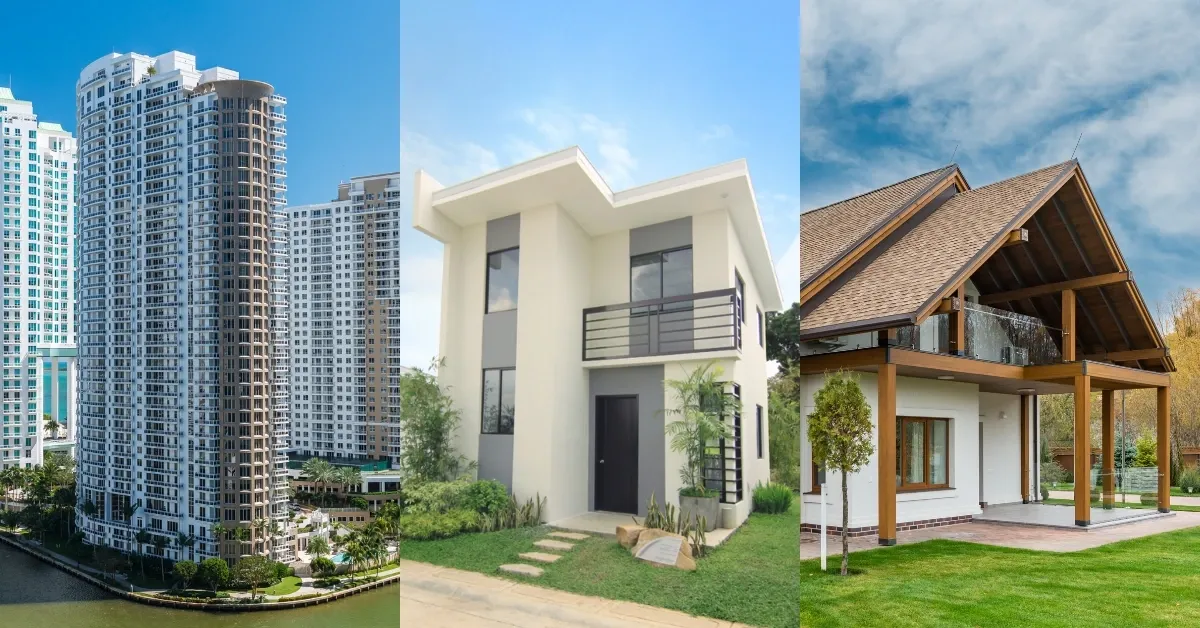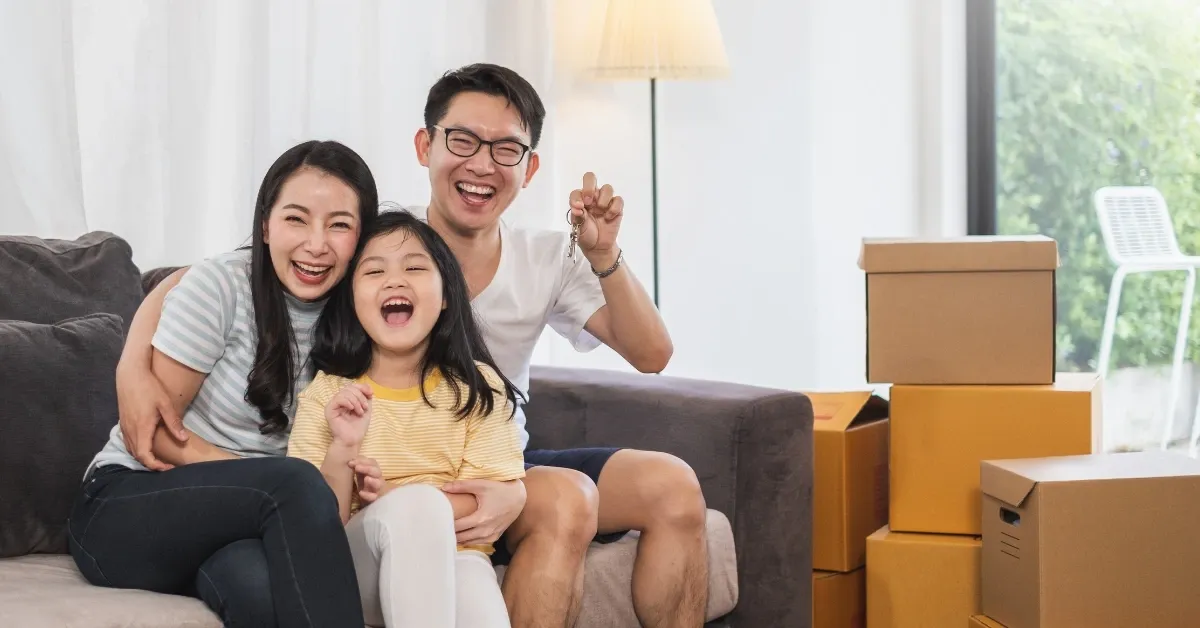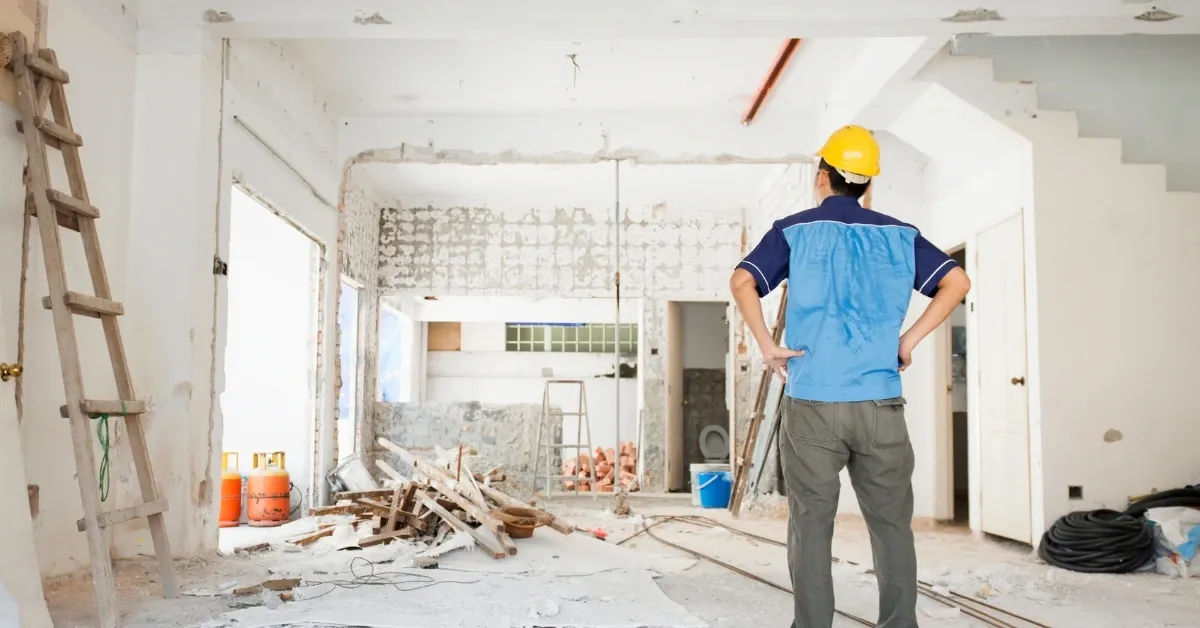
Guide to picking a house in the Philippines
Updated on January 06 2026
Picking a home is not just about choosing a structure where you will live; it's about selecting a space where you can create memories, build a family, and find comfort and peace. For Filipinos, it extends beyond that—it is a place where the essence of 'Bayanihan' thrives, where close-knit relationships are nurtured, and where the strong sense of community is preserved. With the varying economic situations and diverse living conditions across the Philippines, the process of choosing a home requires careful consideration of several factors.
1. Financial Capability

Your financial capacity plays a crucial role in choosing a home. You need to consider not only the cost of the house itself but also the other expenses that come with owning a home, including property taxes, maintenance, and utility costs.
In the Philippines, where economic disparity can be significant, being clear about your budget is vital. Remember, purchasing a home should not put you in a crippling debt situation. It's advisable to aim for a home that suits your budget without sacrificing your daily needs or financial stability.
Consider the payment options available to you. Can you afford to pay in cash, or will you opt for a housing loan? Institutions like the Pag-IBIG Fund and banks offer various home loan packages that you might want to explore.
For a more detailed guide on getting a house loan, you may check out grit.ph's blog here
2. Location and Accessibility

In a country known for its traffic situation, especially in urban areas like Metro Manila, the location of your home can significantly impact your quality of life. Proximity to your workplace, your children's schools, markets, hospitals, and public transport systems should be considered.
On a broader scale, examine the city or town's infrastructure. Are the roads well-maintained? Are there upcoming infrastructure projects that might affect living conditions? How vulnerable is the area to natural disasters? These are important considerations, especially in a country frequently visited by typhoons.
3. Community and Security

Filipinos are known for strong familial ties and sense of community, and this is often reflected in the choice of home. How is the neighborhood? Is it family-friendly? Does it align with your lifestyle? Getting to know the community you'll be joining is as essential as the house you'll be living in.
Security should also be a priority. Check the crime rate in the area and observe if the neighborhood is well-lit and the houses are well-secured. Some might prefer living in gated subdivisions with security personnel, while others might opt for the openness of residential areas. Weigh your options according to your lifestyle and preference.
4. Type of Property

From traditional 'Bahay Kubo' to modern condominium units, there's a wide range of home types available in the Philippines. Your choice depends on your family's size, lifestyle, and financial capacity.
Are you leaning towards a single-detached house where you can enjoy a private yard, or are you considering a townhouse in a vibrant community? Or perhaps you prefer a condo unit with various amenities and proximity to commercial centers? Each has its pros and cons, so take the time to evaluate your needs and preferences.
5. Future Growth

Consider your long-term plans. Will there be enough rooms if you're planning to have more children? Is there a provision for expanding the house if necessary?
Also, consider the area's potential for development. Is the value of properties in the area likely to appreciate over time? Are there upcoming developments that could increase the value of your property? This is particularly important if you see your home as an investment.
6. Condition of the Property

Whether you're buying a brand new house or a second-hand property, it's important to check the condition of the house thoroughly. Hire a professional to inspect the plumbing, electrical, structural, and other critical aspects of the home.
In the case of older houses, consider the cost of possible renovations and improvements. Do they fit within your budget?
In the end, picking a home is a personal journey. It's about finding the right blend of practical considerations and emotional connection. By keeping these tips in mind, you can navigate the home-picking process in the Philippines with confidence and clarity. Remember, your home is more than just a shelter—it's a space for growth, love, and warmth. Choose wisely!